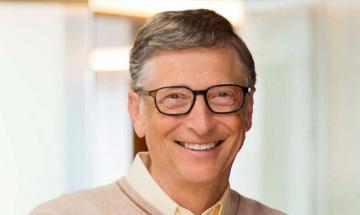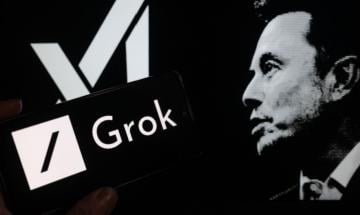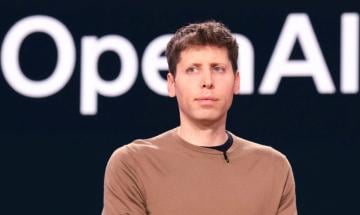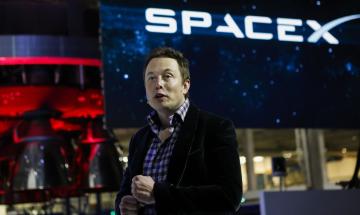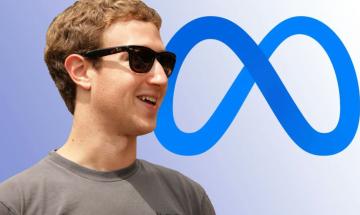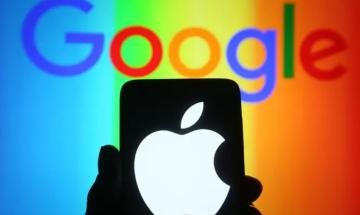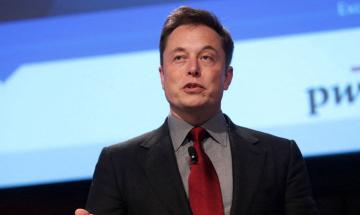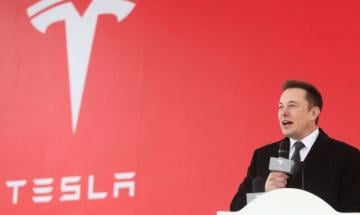Home / Technology
5 reasons why Americans are turning against tech billionaires
Tech billionaires are often idolised as visionaries, but this celebrity-style admiration has turned toxic
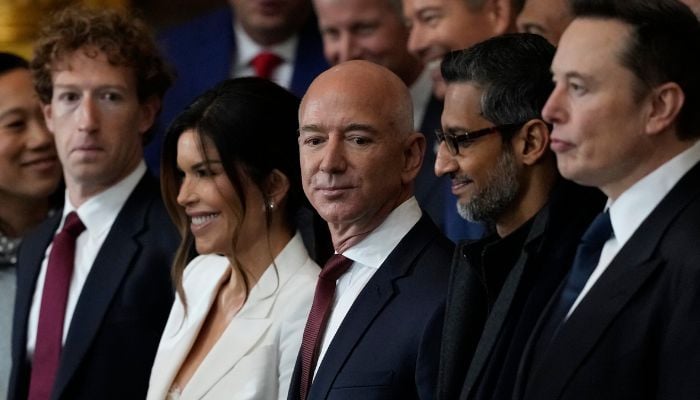
There are now over 3,000 billionaires worldwide, collectively worth more than $16 trillion.
Among them, according to Forbes, tech titans like Elon Musk, Jeff Bezos, and Mark Zuckerberg dominate the wealth charts.
Yet, despite their contributions to innovation and the economy, many Americans have a growing dislike toward these ultra-rich figures.
A 2021 Vox and Data for Progress survey found that nearly half of Americans have negative feelings toward billionaires, those in the tech world.
So, the question here arises is what’s fueling this resentment?
1. The widening wealth gap
While tech billionaires’ fortunes soared during the pandemic, millions of Americans lost their jobs.
Several reports show that billionaire wealth jumped by 42%, while 263 million people globally fell into poverty.
For many, this contrast symbolises a broken system that rewards a few while leaving the majority behind.
2. Unchecked power and influence
Figures like Musk, Zuckerberg, and Bezos wield enormous influence, from shaping public discourse on social media to owning major news outlets.
Critics argue that this concentration of unelected power undermines democracy and blurs the line between private enterprise and government.
3. The “cult of personality” problem
Tech billionaires are often idolised as visionaries, but this celebrity-style admiration has turned toxic.
Analysts describe it as a “cult of founders,” where figures like Musk or Zuckerberg become untouchable, completely immune to criticism and accountability.
4. Mass layoffs and corporate hypocrisy
Even as their companies generate record profits, tech billionaires have overseen waves of layoffs.
Many Americans see this as hypocrisy i.e., leaders preaching innovation and equality while enriching themselves at the expense of workers.
5. Questionable philanthropy and tax avoidance
While billionaires often promote their charitable giving, critics say philanthropy serves as a tax shield.
Former US President Joe Biden has argued that “the wealthy aren’t paying their fair share,” fueling calls for higher taxes on the ultra-rich.
So, for much of the public, the frustration isn’t with innovation but it’s with inequality.
